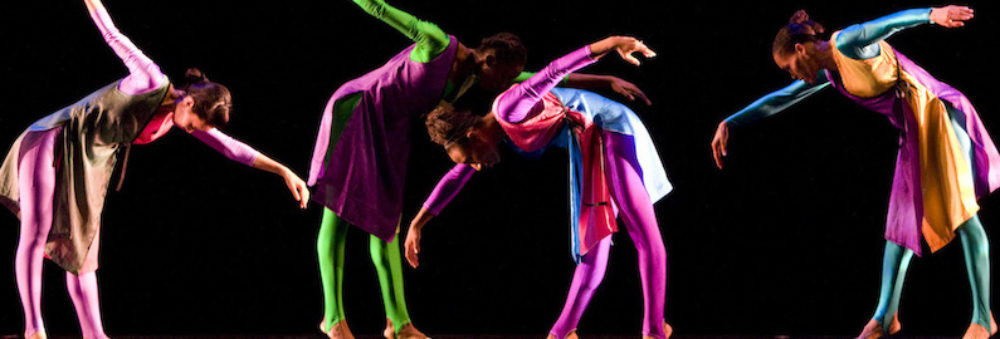Read the full story on the UC Berkeley Law School website.
On a late summer night, in July 2012, California resident Paul Macabeo rolled his bicycle through a stop sign. The street was deserted, but, unbeknown to Macabeo, a patrol car with its lights off had been trailing him. As soon as he rode through the sign, the cops pulled him over.
The officers found his cell phone and searched it—without a warrant and without his consent. Scrolling through the phone, they found illegal photos of child pornography. The officers had only intended to cite Macabeo for failure to stop, a minor infraction. But once they discovered the photos, they handcuffed him and locked him up. He was found guilty of a felony and sentenced to five years of probation.
At the time, Macabeo couldn’t have known that his bike ride—and the cell phone search—would lead to a legal battle that could impact millions of Californians.
